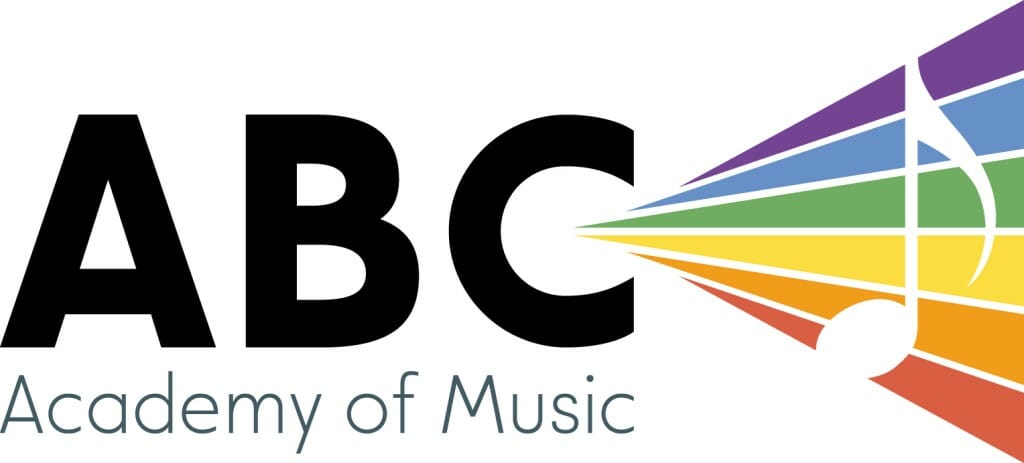Hey everyone, here is the homework for this week!
Susan:
- Keep working on your minor/major scales (C and A, F and D, G and E). Aim to have your major scales at 60, eighth notes, and minor scales at 70, quarter note. Focus especially on your harmonic minor scales as these will be the most challenging for you probably.
- Work on the Mozart (I think?) piece we were looking at during the lesson.
- Keep working on your band music.
Aubrey:
- Keep working through your major scales – C, G, F, D, Bb and A (and their corresponding arpeggios). Focus on D, Bb and A. Remember to use more air in the altissimo register (above high C) so the notes speak, and to back off and play more quietly over the break (B, C, D, E, F, etc.)
- Pay attention to your fingers – make sure your ring fingers aren’t hitting the trill keys, and keep your fingers closer to the keys.
- Work up until the section we talked about with the march. I’d slow it down to half the speed it should be played at, and try working out the difficult sections.
Thomas:
- Thomas is working on his C and F major scales. Make sure he is practicing these with the metronome on 60 – two beats each.
- We started looking at a new piece – Minuet. Thomas should be practicing the first two bars, and if he gets them together, then the next two bars. Remind him to keep his fingers as close as possible to the keys so he can get to his notes in time.
- Thomas has a tendency sometimes to play with a “tight” embouchure – he knows what this means. Make sure he is “loosening up”.
Jonathan
- Keep working through your major scales and corresponding arpeggios.
- Make sure you aren’t resting your right pinky on the clarinet when you aren’t using it!
- Cry Me a River – make sure you subdivide (one and two and three and four and). Try marking which beat (upbeat or downbeat) each note falls on your sheet music. Play along with iRealbook.
Camille:
- Fur Elise – sounds great!!! It’s going to be a hit at the recital :) Make sure Camille’s adding the dynamics we talked about to the piece as a finishing touch.
- Camille can continue working on C, G, and F major scales and arpeggios full range of the saxophone.
